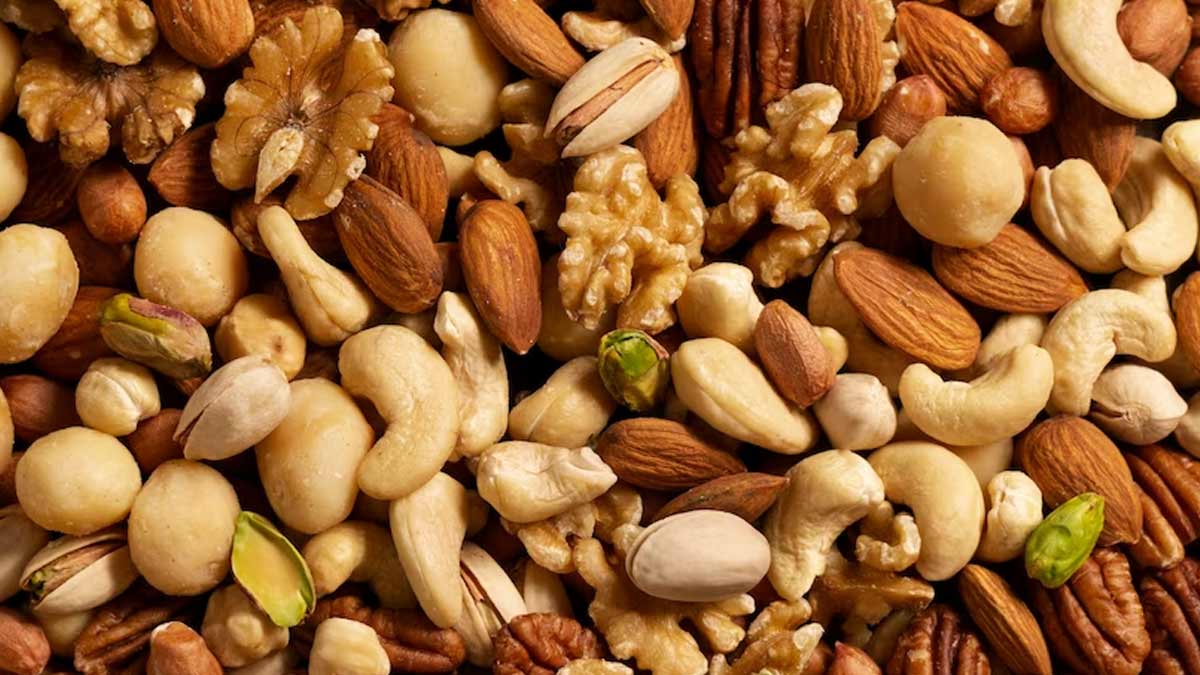
Walnut milk is a plant-based milk alternative made from blended walnuts and water. It is gaining popularity as a nutritious and dairy-free option. Here are ten potential health benefits associated with consuming walnut milk:
Table of Content:-
Rich in Omega-3 Fatty Acids
Walnuts are a good source of alpha-linolenic acid (ALA), an essential omega-3 fatty acid. Consuming walnut milk can contribute to a diet rich in heart-healthy fats.

Also read: Health Benefits of Omega 3 Fish Oil Capsule
Heart Health
The omega-3 fatty acids in walnuts may help lower cholesterol levels and reduce the risk of cardiovascular diseases. Walnut milk, as a derivative, can potentially support heart health.
Brain Function
Omega-3 fatty acids are essential for brain health and cognitive function. Including walnut milk in your diet may support overall brain health.
Antioxidant Properties
Walnuts contain antioxidants, such as polyphenols and vitamin E, which help combat oxidative stress and reduce inflammation. These properties may contribute to overall well-being.
Bone Health
Walnut milk is a source of minerals like calcium and magnesium, essential for maintaining strong and healthy bones. Adequate calcium intake is crucial for preventing osteoporosis.

Weight Management
Walnuts are known for their satiating effect, and incorporating walnut milk into your diet may help with weight management by promoting a feeling of fullness.
Blood Sugar Control
Some studies suggest that walnuts may have beneficial effects on blood sugar control. Walnut milk, as part of a balanced diet, may contribute to stabilizing blood sugar levels.
Vitamin B6 Content
Walnut milk contains vitamin B6, which plays a role in various metabolic processes, including energy production and neurotransmitter synthesis.
Skin Health
The vitamin E and antioxidants in walnut milk may contribute to healthy skin by protecting against oxidative damage and promoting a youthful complexion.
Also read: Why Should You Include Omega 3 Fatty Acids In Your Diet? Let’s Find Out
Dairy-Free Alternative
Walnut milk is a suitable dairy-free alternative for individuals who are lactose intolerant or have a dairy allergy. It provides a creamy texture and nutty flavor, making it a versatile option in various recipes.
How to Use Walnut Milk
- Smoothies: Add walnut milk to your favorite smoothie for a nutty flavor and added nutritional benefits.
- Cereal: Pour walnut milk over cereal or granola for a nutritious and dairy-free breakfast.
- Coffee or Tea: Use walnut milk as a dairy substitute in your morning coffee or tea.
- Baking: Incorporate walnut milk into recipes for pancakes, muffins, or other baked goods.
It's important to note that while walnut milk offers various health benefits, it may not provide the same protein content as cow's milk. Additionally, individuals with nut allergies should avoid walnut milk. As with any dietary changes, it's advisable to consult with a healthcare professional or a registered dietitian for personalized advice based on individual health needs and goals.
Also watch this video
How we keep this article up to date:
We work with experts and keep a close eye on the latest in health and wellness. Whenever there is a new research or helpful information, we update our articles with accurate and useful advice.
Current Version